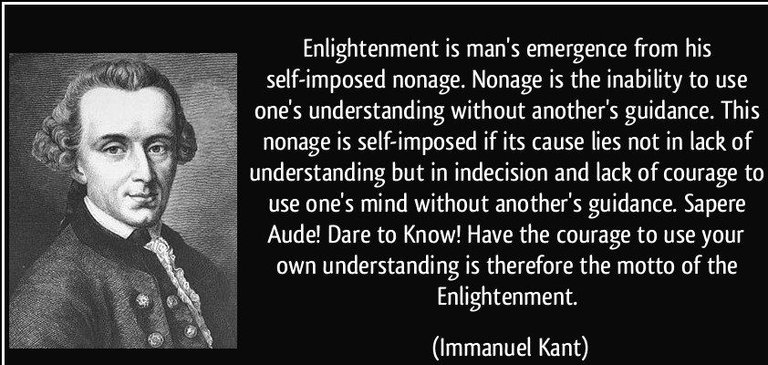
Immanuel Kant was born on April 22, 1724 in Konigsberg. A fourth child for Johanne Kant, the very wealthy family, began studying first in high school and then at the University of Königsberg. Because of the difficult material situation, which deteriorated even further after his father's death, Emanuel (so named after his birth, changed his name to Immanuel later on when he learned of Hebrew) was forced to abandon his studies and take up teaching . For nine years, Kant worked as a home teacher in various aristocratic families, providing him with sufficient material resources to engage in philosophical research. His first work, devoted to cosmogenic idiots, was developed between 1747 and 1755. In the same year of 1755 he received a Ph.D. degree at the University of Königsberg. During the next fifteen years, in anticipation of his profession, he worked as an assistant librarian at the Royal Palace Library. After receiving a doctorate for 40 years, he devoted himself to teaching. In 1770 he became the professor of logic and metaphysics at his native university. Kant works on solving four major problems: metaphysics, morality, religion, and anthropology. His main works in the field of gonseology, ethics, and aesthetics, through which Kant's ideas are gaining popularity, are "Critique of Pure Reason", "Critique of Practical Mind", "Critique of Judgment."
In the theory of knowledge, Kant outlines several categories: quantity, ratios, modality. Ethics looks at two main points: from man, as a phenomenon and things on its own. His aesthetic views are in the direction of affirmation of the wonderful and sublime (dynamic and mathematical). Immanuel Kant died on 12 February 1804 in his native Königsberg.
Morality is often very missunderstood, especially today.. morality is some middle point of the longer way to meaning of something many people on Earth want to understand.. but it doesn't come as you put something in microwave and eat it in 5 minutes..